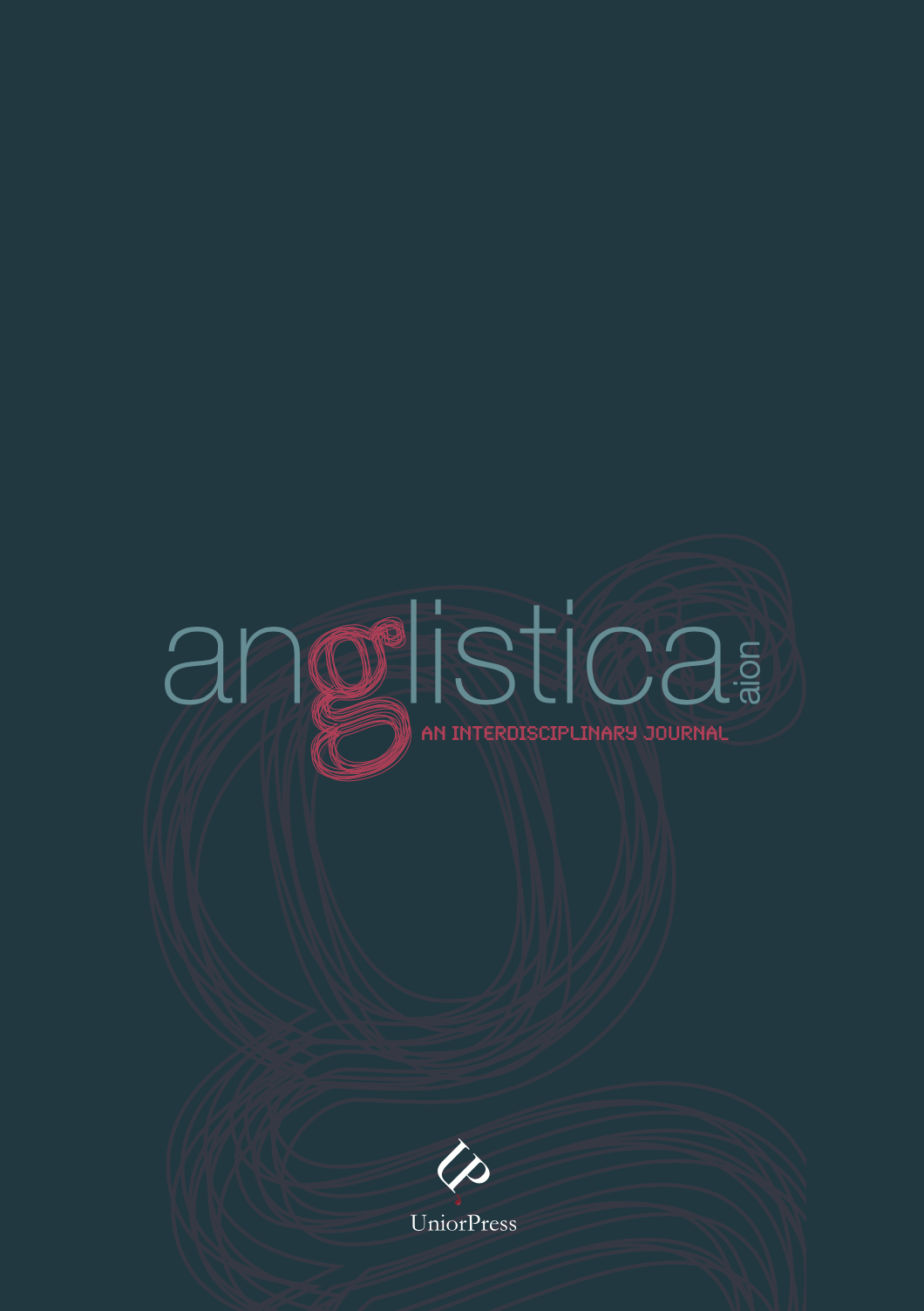Generic Discontinuities, National Allegory, and the Aesthetics of Postcolonial Fiction
Abstract
This article develops Fredric Jameson’s concept of generic discontinuity in the context of late twentieth century postcolonial literature. The aim is to show that established generic registers are employed in innovative and diverse ways by three major postcolonial authors for their own projects. Jameson defines generic discontinuity as the use of different, and often opposed, generic registers within a single work of literature. I examine how three canonical postcolonial authors create their own aesthetics by combining and subverting generic registers. The texts have been chosen for their heterogeneity in provenance and form; they evidence vastly diverse uses of genre in three very different postcolonial situations. Attention will be paid throughout to the origins of the generic paradigms in each of the texts. Not only are traditionally Western genres used discontinuously, but also those that have come to be associated with postcolonial literature. It is the textual manifestations of these discontinuities that demonstrate the creative diversity of postcolonial fiction, particularly in the ways that the ideological baggage of a particular generic mode is transformed for the author’s own aesthetic. A materialist study of the operation of genre in postcolonial texts is essential, since it allows us to see exactly how writers adapt the inherited literary tools of colonialism, whether in the diaspora or in the postcolony.


